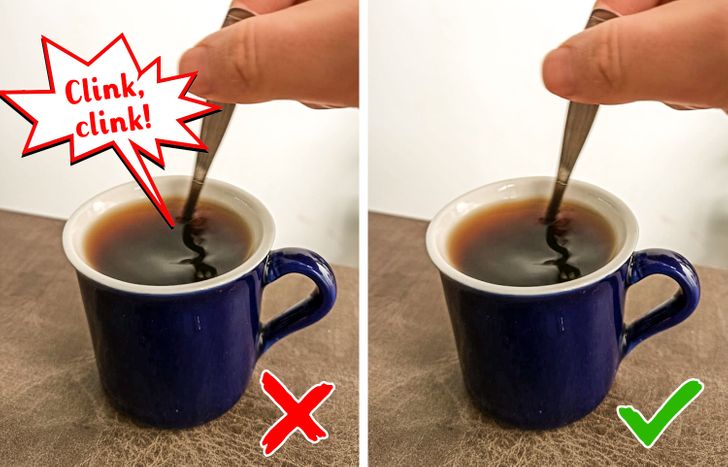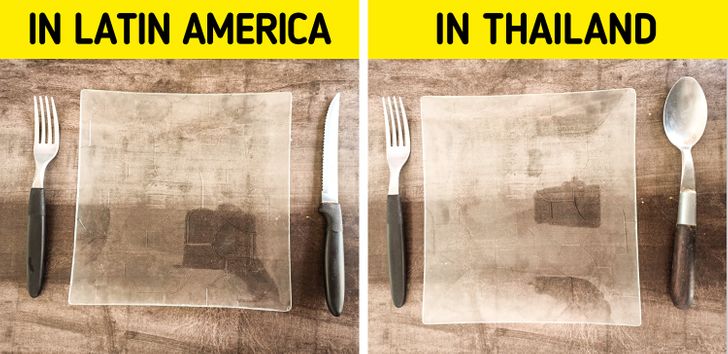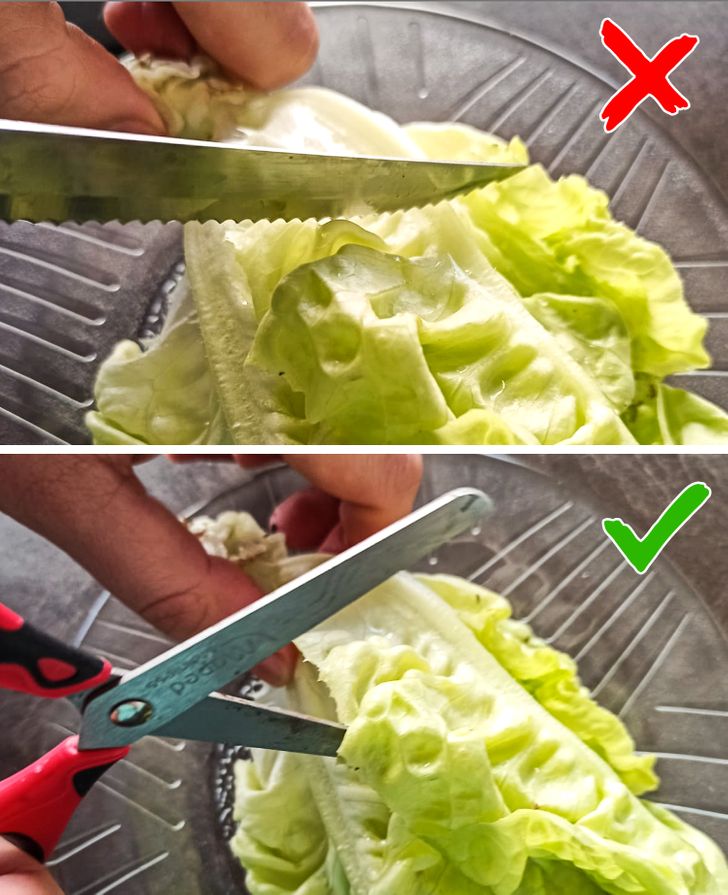20+ Waiters Talk About the Most Awkward Dates They Witnessed Firsthand

Curiosities
4 years ago
When it comes to sitting down to eat any meal of the day, each country has its own customs. In some places, these protocols are deeply rooted, and not following them can be considered impolite.
On the other hand, they are simple habits that a foreign diner can disregard without the risk of seeming out of place.
You never know when you might be faced with the possibility of traveling to another country with a different culinary culture. That’s why, at Bright Side, we prepared a list of customs from certain places in the world. Let’s see which country you would fit in best!



What particular custom does your family have that may be strange to other people?











